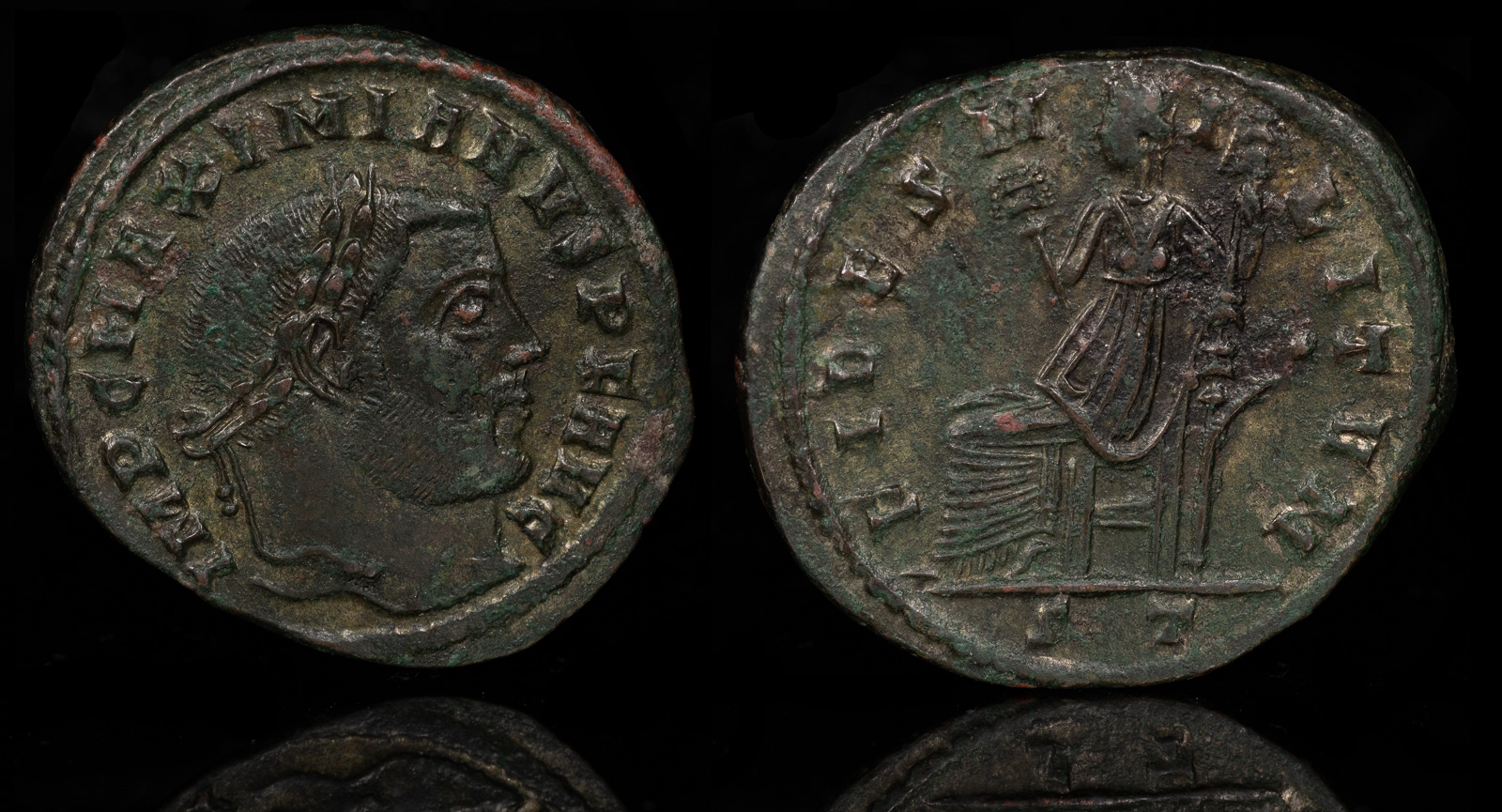Fides
View All Tags
As a goddess, Fides was typically depicted as a young woman, sometimes holding a patera (a shallow dish used for sacrifices) or a torch, symbols that highlighted her role in maintaining trust and religious observance. Her image often appeared in contexts where loyalty, trust, and honor were integral, such as on coins, monuments, and in public ceremonies. The goddess was frequently invoked in matters related to military pacts, alliances between cities, and the solemnity of oaths. Her presence in the Roman world reinforced the belief that the success of the state relied not only on military power or political authority but also on the moral foundation of loyalty and trustworthiness.
Fides was also closely associated with the state’s security and honorable leadership. Roman officials, particularly generals and emperors, invoked her to ensure that their promises and alliances were respected, and that their commitments would lead to the empire’s prosperity and peace. Her imagery was often used on coins minted by emperors to emphasize their loyalty to the gods, to their soldiers, and to the people. These coins would often show her holding a sceptre or extending her hand in a gesture of reassurance, symbolizing the emperor’s commitment to fulfilling his duties and protecting the Roman people. In this way, Fides helped legitimize the emperor’s rule by reminding the population of the importance of keeping faith in the leadership and the stability of the empire.
The importance of fides was also reflected in everyday Roman life. In addition to political and military spheres, the concept of fides extended to personal relationships, such as those between husband and wife, friends, and business partners. Fides underscored the necessity of trust and loyalty for maintaining these relationships, as well as the idea that promises, oaths, and contracts must be kept. The Romans placed a high value on keeping one’s word, which was often seen as a reflection of one’s character and integrity. Betrayal or dishonesty was viewed not only as a social wrongdoing but also as a violation of divine law, and the goddess Fides was invoked to ensure the sanctity of these commitments.
Fides also had a special relationship with the concept of piety (pietas), another Roman virtue, as both involved a sense of duty, loyalty, and respect. While pietas related to loyalty to family, the gods, and the state, Fides was more directly associated with the honoring of promises and trust between individuals. In this way, Fides helped cement the social fabric of Roman society, ensuring that relationships—whether between gods, rulers, or citizens—remained stable and just. Her role as a protector of promises and oaths was essential for the functioning of Roman law and governance.

Galerius BI Nummus
Ticinum, AD 305
8.74g, 29mm, 5h
IMP C MAXIMIANVS P F AVG, laureate head to right / FIDES MILITVM, Fides seated to left, holding standard in each hand; • in right field, ST in exergue.
RIC VI 55b
Ex Roma